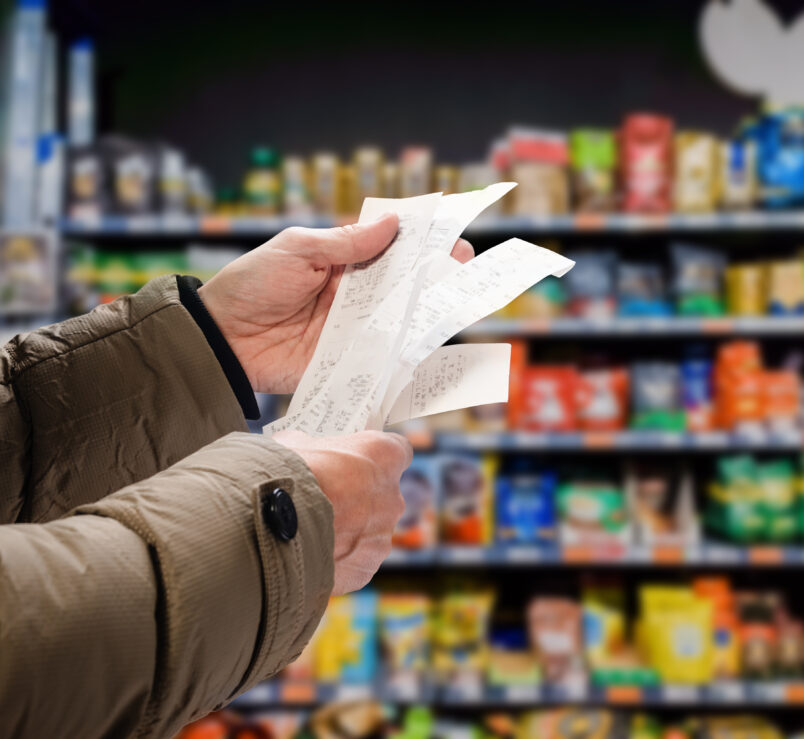Territorial supply constraints for buyers in the Netherlands
Recently, there has been a lot of focus on the price difference between groceries in the Netherlands and Germany. One of the possible causes lies in territorial supply restrictions (TLBs), where Dutch buyers are less free to buy A-brands in other EU countries. At the request of the Ministry of Economic Affairs and Climate (EZK), Ecorys investigated the impact of these restrictions on Dutch buyers.
Background
Territorial supply restrictions (hereinafter TLBs) are restrictions that producers or suppliers impose on their customers. This means that customers can only buy products within a certain geographical area. For example, consider distributors who are not allowed to resell outside their allocated territory.
In our study, we mapped which restrictions Dutch customers face. We investigated in which product groups and sectors TLBs occur and to what extent buyers face them. In our study, we also looked at other barriers associated with selling products within the EU.
For this study, we used a literature review, a survey, interviews and legal analysis.
Key findings
In our survey, retailers indicated that they could buy 2 to 4% of their products cheaper if there were no territorial supply restrictions. This would amount to 5 to 20% lower costs. However, the large price differences where some Dutch products are significantly more expensive than abroad (such as Germany) have a different reason. The cause of these larger price differences lies mainly with the supermarkets themselves. This is because supermarkets charge low prices for certain products in order to attract customers to their shops. However, this means that these low prices have to be compensated by higher prices for other products.
Possible solutions include shifting the burden of proof from the buyer to the manufacturer or changing labelling rules. In either case, however, European legislation would have to be amended.
Want to know more? Then read our full report here. Our research was also mentioned in an episode of Arjen Lubach.

18 September 2023
2 minute read
Key Experts
Martin van der Ende
Senior Consultant
Yoeri Dijkhof
Consultant



